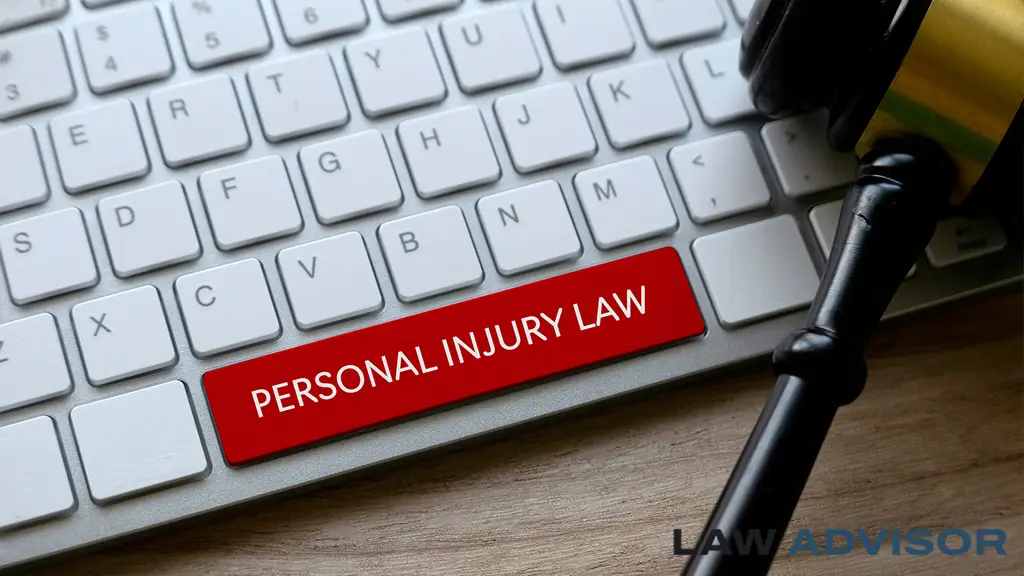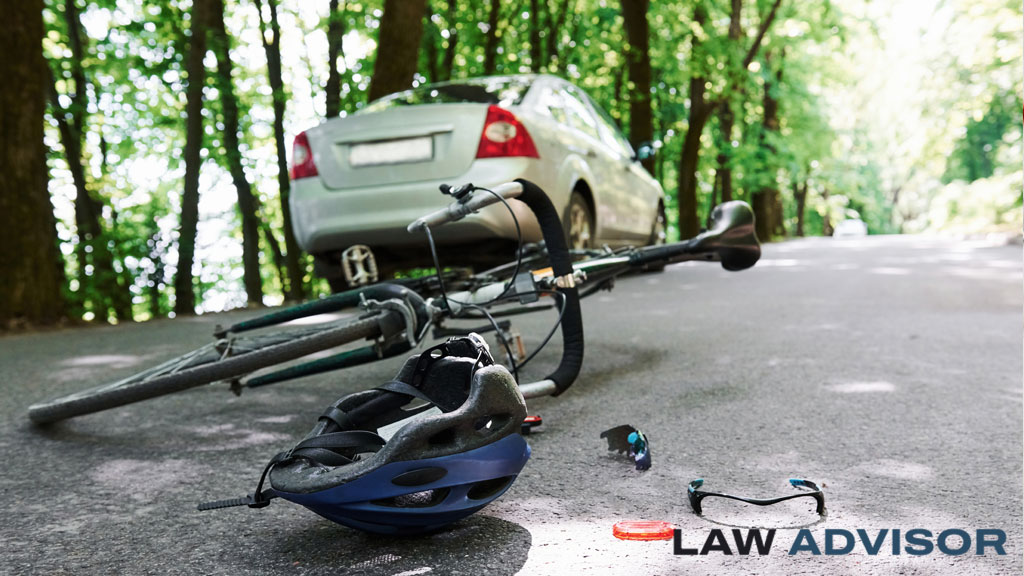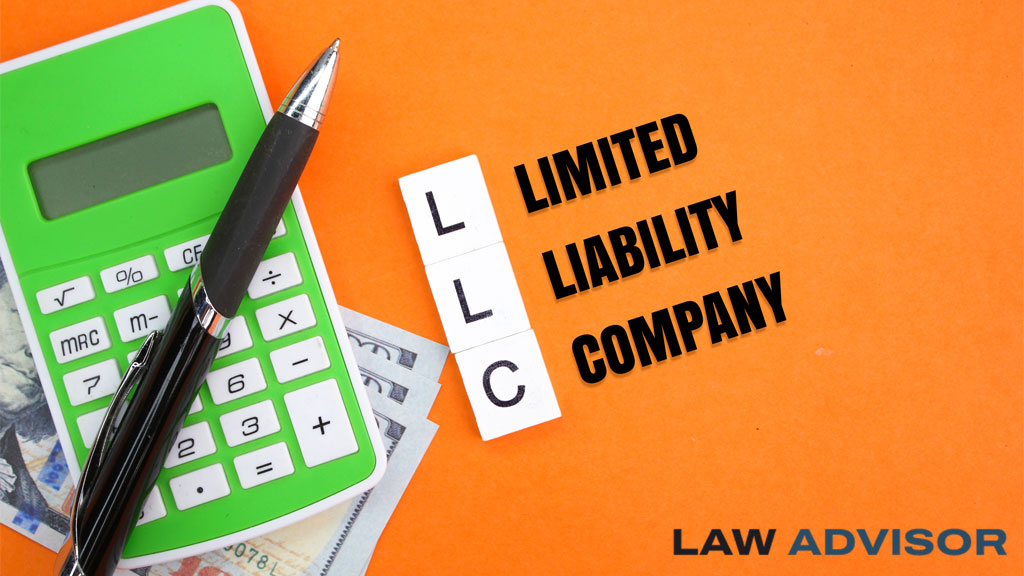💰 One of the most common questions people ask after an accident is:
“How much is my personal injury case actually worth?”
The answer isn’t always straightforward—but this guide will break it down clearly, so you understand what goes into a potential settlement or court award.
🧾 What Is a Personal Injury Case?
A personal injury case arises when one person suffers harm due to the negligence or wrongdoing of another. These cases can include:
- 🚗 Car accidents
- 🏢 Slip and falls
- 🐶 Dog bites
- 🏥 Medical malpractice
- 🏗 Workplace accidents
- 🛴 Product liability
In most cases, compensation (or “damages”) is meant to make the injured person “whole” again.
💵 Types of Compensation You May Be Entitled To
Damages in personal injury cases fall into two main categories: economic and non-economic.
💸 Economic Damages (Tangible Losses)
These are measurable costs related to your injury:
- Medical bills (past and future)
- Lost wages or income
- Rehabilitation and physical therapy
- Property damage (e.g., your vehicle)
- Out-of-pocket expenses (transport, home care)
🧠 Non-Economic Damages (Intangible Losses)
These are more subjective and vary case by case:
- Pain and suffering
- Emotional distress
- Loss of enjoyment of life
- Loss of consortium (impacts on relationships)
In some states, these damages are capped by law.
🚨 Punitive Damages
Awarded only in cases of gross negligence or intentional harm, these are meant to punish the defendant—not compensate the victim.
⚖️ Factors That Influence the Value of Your Case
There’s no one-size-fits-all formula, but common factors include:
- Severity of injury (minor sprain vs. spinal cord damage)
- Length of recovery
- Total medical expenses
- Impact on ability to work
- Permanence of disability
- Pain and emotional trauma
- Evidence and witness strength
- Insurance policy limits
The more serious and long-lasting the injury, the higher the potential compensation.
🧮 How Settlements Are Calculated
While each case is unique, attorneys and insurers often use a “multiplier method.” Here’s how it works:
- Total your economic damages (e.g., $20,000 in medical bills).
- Multiply that amount by 1.5 to 5 depending on severity.
- Minor injuries: 1.5x
- Moderate injuries: 2-3x
- Serious injuries or long-term impact: 4-5x+
Example:
$20,000 in bills × 3 (moderate injury) = $60,000 potential settlement
Note: Some insurers also use computer algorithms to assess claim value.
🏥 Medical Treatment and Documentation Matter
The more organized and well-documented your medical care, the stronger your case. Make sure to:
- Keep all bills, receipts, and prescriptions
- Follow up with doctors and specialists
- Take photos of injuries and accident scenes
- Record your physical and emotional recovery
🕒 How Long Will It Take to Settle?
Most personal injury cases settle out of court, often within 3–12 months.
More complex cases (or those that go to trial) can take 1–2 years or longer.
🤝 Should You Hire a Lawyer?
It’s often a smart move, especially if:
- Your injuries are serious or long-term
- The insurance company is lowballing you
- Liability is being disputed
- You’re not sure what your case is worth
A personal injury attorney can help negotiate a higher settlement and ensure your rights are protected.
📉 What Can Lower the Value of a Claim?
- Delaying medical treatment
- Gaps in medical care
- Pre-existing conditions (may complicate your case)
- Admitting fault at the scene
- Social media posts showing physical activity post-injury
Pro Tip: Stay off social media during your case, or at least avoid posting anything that contradicts your injury claims.
📍 State Laws and Damage Caps
Some states have limits on how much you can recover, especially for non-economic or punitive damages.
Example:
- California: Medical malpractice non-economic damages capped at $350,000 (as of 2023, gradually increasing)
- Texas: $250,000 cap on non-economic damages in med-mal cases
- Florida: Caps vary by case type and ruling
Check with a local attorney to understand what applies in your area.
✅ Quick Checklist: Boosting the Value of Your Case
✔ Seek medical attention immediately
✔ Document everything—injuries, bills, communication
✔ Keep a pain journal (daily notes on how you feel)
✔ Avoid giving recorded statements to insurers
✔ Hire a qualified personal injury lawyer
🧠 Final Thoughts
There’s no magic number, but the value of your personal injury case depends on your injuries, documentation, state laws, and your ability to prove fault. The best step? Talk to a lawyer early and let them help you build a case that reflects the full impact of your injuries.










